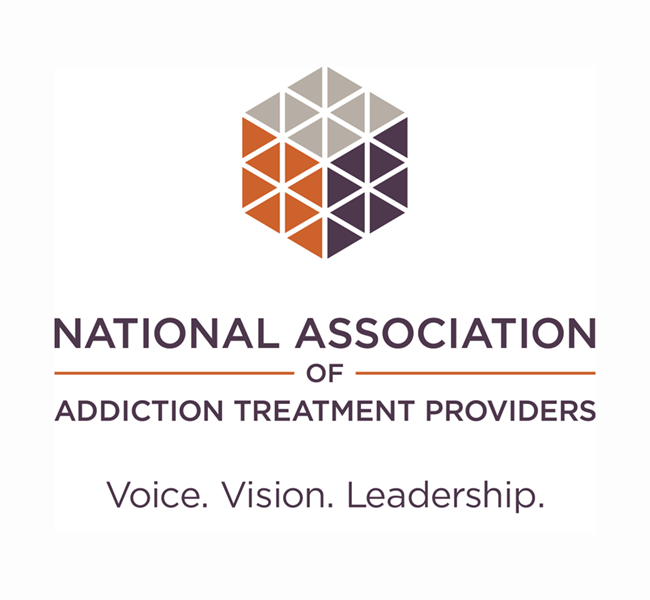Cyndi Turner and Craig James attended the 41st National Association of Addiction Treatment Providers (NAATP) Conference held at the Omni Shoreham Hotel in Washington, DC. With the conference theme, Establishing and Implementing the Core Competencies of Addiction Treatment Operation, the emphasis was the need for treatment facilities to create an environment of accountability and standards amongst one another. This was accentuated in the breakout sessions with topics such as ethical marketing practices, brand integrity, transparency, and enhancing patient care and recovery through outcome measures. The highlight of the conference was the release of the NAATP Treatment Provider Outcomes Measurement Toolkit. The Toolkit was a year-long multisite study that had 748 participants from eight residential facilities nationally that included the locally run Ashley Treatmentand Caron Treatment Centers. Each of the sites participated in the collection of survey data with the purpose of closing the gap between research and best practices. The outcomes measured the impact of treatment for patients with substance use disorders to help the treatment field with:
- Client engagement,
- Improve effective treatment practices, and
- Increase the ability to promote the value of treatment provider services.
 The Toolkit serves as a guide for organizations to learn about patients’ experiences in treatment and ongoing recovery after treatment. The conference concluded with the National Hill Day where organizations were provided an opportunity to speak with political leadership about public policy changes. Cyndi and Craig had an opportunity to meet national and local exhibitors at the CEO Luncheon where strategies for leadership and culture in a treatment delivery was discussed. They also had an opportunity to continue with collaborations during a dinner sponsored by Maryland Addiction Recovery Center and Cirque Lodge. Cyndi was also interviewed by Neil Scott of Recovery – Coast to Coast. She discussed how the current state of the addiction industry has been reluctant to embrace Harm Reduction thereby only addressing the needs of those with a Severe Alcohol Use Disorder, not the majority of people who struggle with a mild or moderate use disorder as outlined in her current book, Can I Keep Drinking? How You Can Decide When Enough is Enough. There was also discussion of her second and third books, The Clinician’s Guide to Alcohol Moderation: Alternative Methods and Management Techniques and Practicing Alcohol Moderation: A Comprehensive Workbook, scheduled for release in March 2020
The Toolkit serves as a guide for organizations to learn about patients’ experiences in treatment and ongoing recovery after treatment. The conference concluded with the National Hill Day where organizations were provided an opportunity to speak with political leadership about public policy changes. Cyndi and Craig had an opportunity to meet national and local exhibitors at the CEO Luncheon where strategies for leadership and culture in a treatment delivery was discussed. They also had an opportunity to continue with collaborations during a dinner sponsored by Maryland Addiction Recovery Center and Cirque Lodge. Cyndi was also interviewed by Neil Scott of Recovery – Coast to Coast. She discussed how the current state of the addiction industry has been reluctant to embrace Harm Reduction thereby only addressing the needs of those with a Severe Alcohol Use Disorder, not the majority of people who struggle with a mild or moderate use disorder as outlined in her current book, Can I Keep Drinking? How You Can Decide When Enough is Enough. There was also discussion of her second and third books, The Clinician’s Guide to Alcohol Moderation: Alternative Methods and Management Techniques and Practicing Alcohol Moderation: A Comprehensive Workbook, scheduled for release in March 2020







